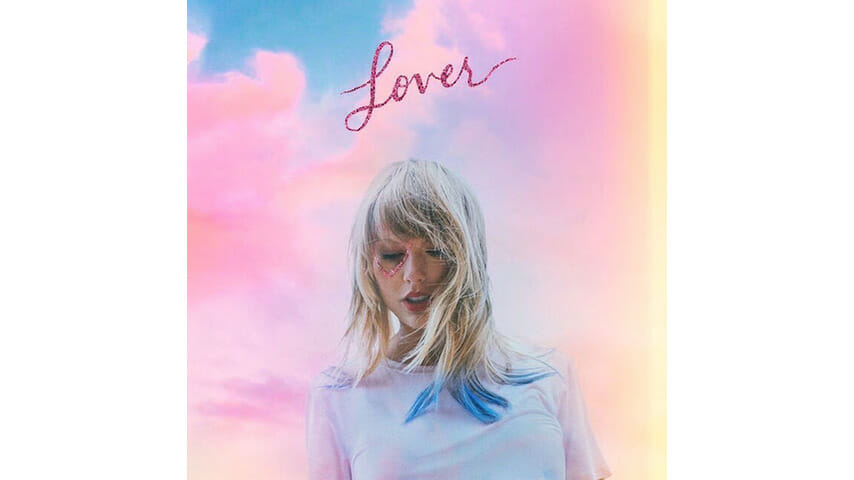Lover or Hate Her: Taylor Swift’s New Album is a Mediocre Shrug
Maybe we need to calm down, but Swift's new album is a cliche-ridden waste of time

In a 2013 Vanity Fair interview, Taylor Swift responded to jokes from Tina Fey and Amy Poehler about her serial monogamy with some choice words from Madeleine Albright (which Swift attributed to Katie Couric): “There’s a special place in hell for women who don’t help other women.”
This quote deserves an update, though. It’s 2019 and we’ve endured the white feminism of Sheryl Sandberg and other “girl bosses,” Alyssa Milano’s misconceived sex strike and the revelation that Melania Trump may not deserve our sympathy, but rather, our scrutiny. The idea of blindly supporting someone just because they are a woman is more than a little naive. To paraphrase the Bechdel Cast (a film podcast featuring Paste’s own Jamie Loftus), feminism means being able to call out other women’s mediocrity. Swift’s seventh studio album, Lover, is the latest addition to such milquetoast work.
After the disaster of Reputation, Swift tries to win back fans (and likely does not create new ones) by straddling the poppiness of her much-celebrated LP, 1989, and the country-inspired Taylor of yore. It’s hard to keep a listener engaged for 18 tracks, and the pop princess certainly provides plenty of filler allowing your mind to wander and dream of better albums. “Afterglow” and “Daylight” both plod along to an uninspired drum machine, and “False God” throws in a sax solo like it’s 2015 again. “I Forgot That You Existed” and “I Think He Knows” have practically the same snappy beat that is far too reminiscent of Janelle Monae’s much superior “Pynk.”
Originality has never been Swift’s strong suit, though. She is a machine you feed cliches into, and out come songs that are recognizable enough to be catchy, tropey enough to feel relatable. Just look at “London Boy,” a tourist trap of a track that basically amounts to Swift simpering about her love for English accents, a particularly tone-deaf sentiment in the age of Brexit.
-

-

-

-

-

-

-

-

-

-

-

-

-

-

-

-

-

-

-

-

-

-

-

-

-

-

-

-

-

-

-

-

-

-

-

-

-

-

-

-








































